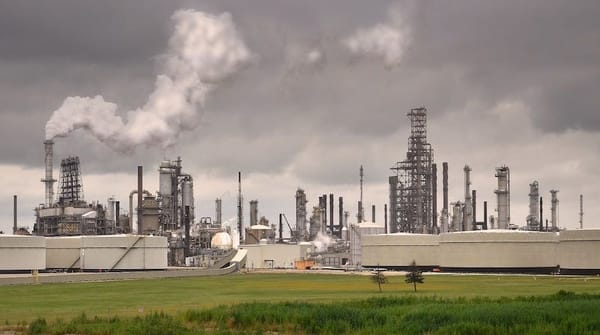With summer over but no end in sight to the war in Ukraine, Europe finds itself facing a very real prospect of widespread economic and social pandemonium. The Russians have halted gas shipments through the Nord Stream 1 pipeline, which has left many countries scrambling. The Continent’s leaders have known for months that Russian gas could be shut off at any point, but they spent those six months piling on more sanctions.
The crisis descending upon Europe is political as well as material. The problem is not only that leaders have shown themselves incapable of strategic planning. It’s that they don’t know how to lose.
Before markets opened on Monday, a harried Swedish prime minister, Magdalena Andersson, made a public appearance with the head of the central bank, Stefan Ingves. Both promised unprecedented financial support for big actors in the Baltic energy markets to prevent the energy crisis from mutating into a financial meltdown. Days later, reports suggest that Europe will require about $1.5 trillion just to keep energy markets from collapsing. The European Union seems to be lurching toward a “Lehman moment.”
Even short of a full-on meltdown, the spike in energy prices is unsustainable in the immediate term. In Sweden, energy-intensive production is already being shuttered, and small-business owners are reeling from skyrocketing utility costs. The Swedish media warn that a large chunk of the country's industry is at risk of bankruptcy, and homeowners are being advised to take out loans to cover rising energy bills over the coming winter.
